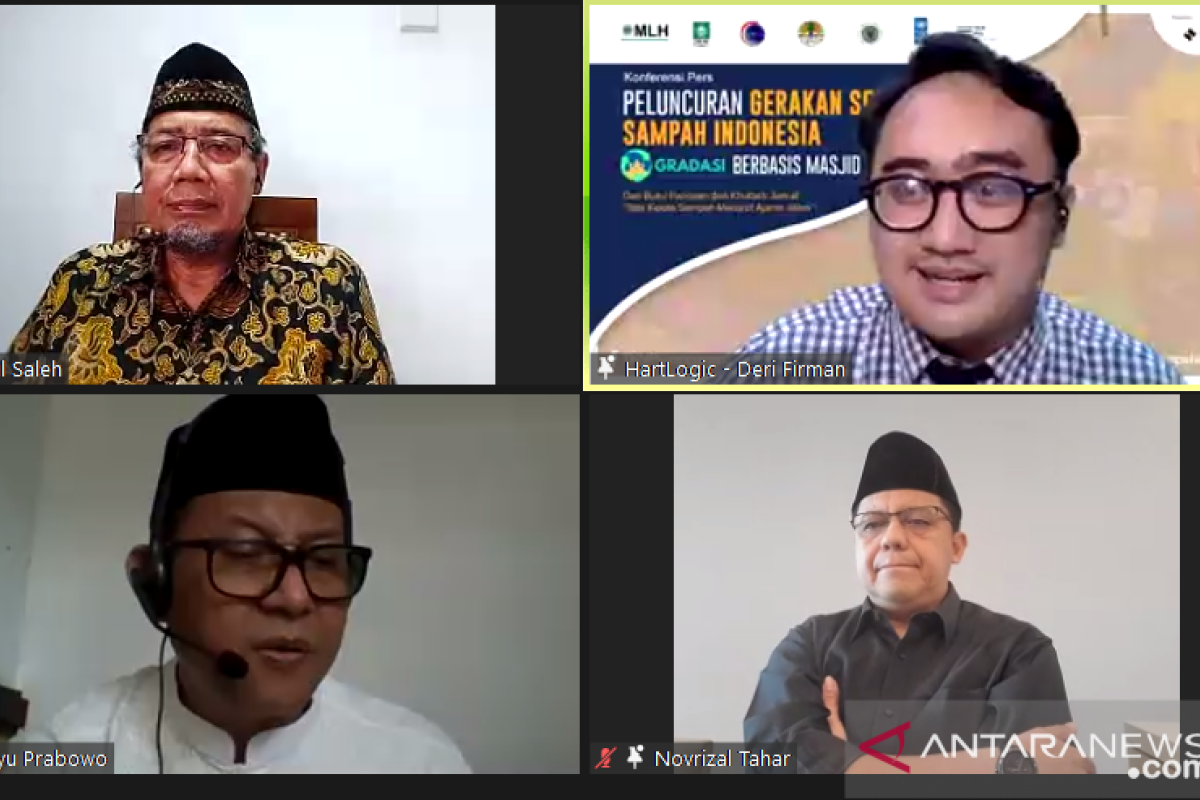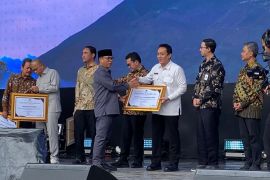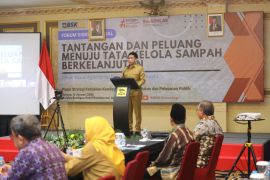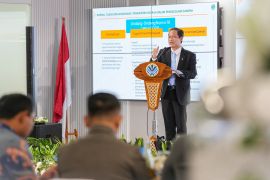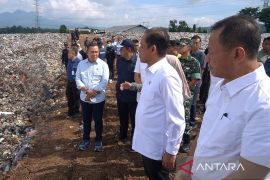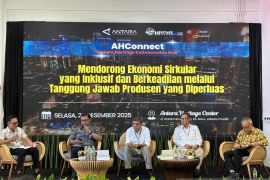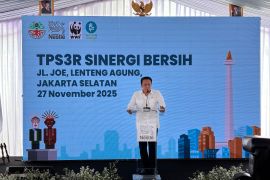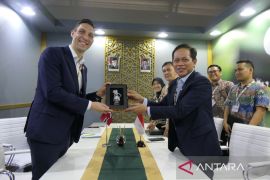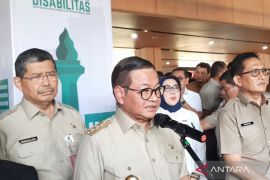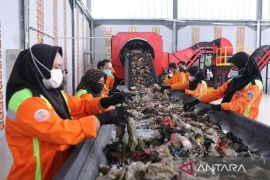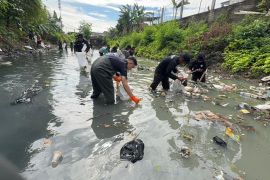Hence, the Waste Donation Campaign would become part of the public’s participation in reducing wasteJakarta (ANTARA) - The Ministry of Environment and Forestry (KLHK) has recorded an increasing trend in Indonesia's waste management capacity every year, as it eyes to attain 100-percent waste management in 2025.
"We have seen an increasing trend, although we still have to reach 100 percent (of the waste management capacity) in 2025," the ministry's Director of Waste Management Novrizal stated at the virtual launch of the Indonesian Waste Donation Campaign (GRADASI) here on Friday.
According to the ministry, Indonesia's waste reduction was recorded at 14.58 percent in 2019 and waste management at 34.60 percent, thereby bringing the national waste management capacity to 49.18 percent.
In 2020, the waste reduction rate had increased to 16.23 percent and waste management to 37.92 percent and brought the total waste management capacity to 54.15 percent.
The government has targeted to attain a waste management capacity of 100 percent in 2025, with waste reduction at 30 percent and waste management at 70 percent.
Novrizal admitted the existence of a wide gap to reach the target for which extensive efforts are deemed crucial to handle the issue.
According to Novrizal, the increased capacity of waste management has demonstrated increasing public participation in waste management.
"Hence, the Waste Donation Campaign would become part of the public’s participation in reducing waste," he affirmed.
Mosque-based GRADASI is a religious-based waste management movement initiated by the National Coordination team of Ocean Waste Management (TKN PSL) and the Indonesian Ulema Council (MUI), supported by the Coordinating Ministry of Maritime and Investment Affairs and the KLHK.
Under the campaign, plastic waste collected at mosques will be sold to the waste bank, and the money can be used for religious activities at the mosque or to help the poor, orphans, and widows in the surrounding areas.
Six grand mosques in some regions will become the model for the campaign.
Head of the Environment and Natural Resource Recovery of the MUI Hayu S. Prabowo stated that the waste donation campaign is based on a MUI fatwa No. 47/2014 on waste management to avoid environment damage.
Religious approach in waste management is important, Prabowo stated.
"Muslims must maintain cleanliness, and they must manage waste that is still valuable and reusable and should not dispose them. For instance, plastic waste," he remarked.
Related news: Micro PPKM authorities should consider medical waste management
Related news: Ministry seeks to strengthen waste management to drive economic growth
EDITED BY INE
Translator: Prisca T Violetta, Sri Haryati
Editor: Fardah Assegaf
Copyright © ANTARA 2021
